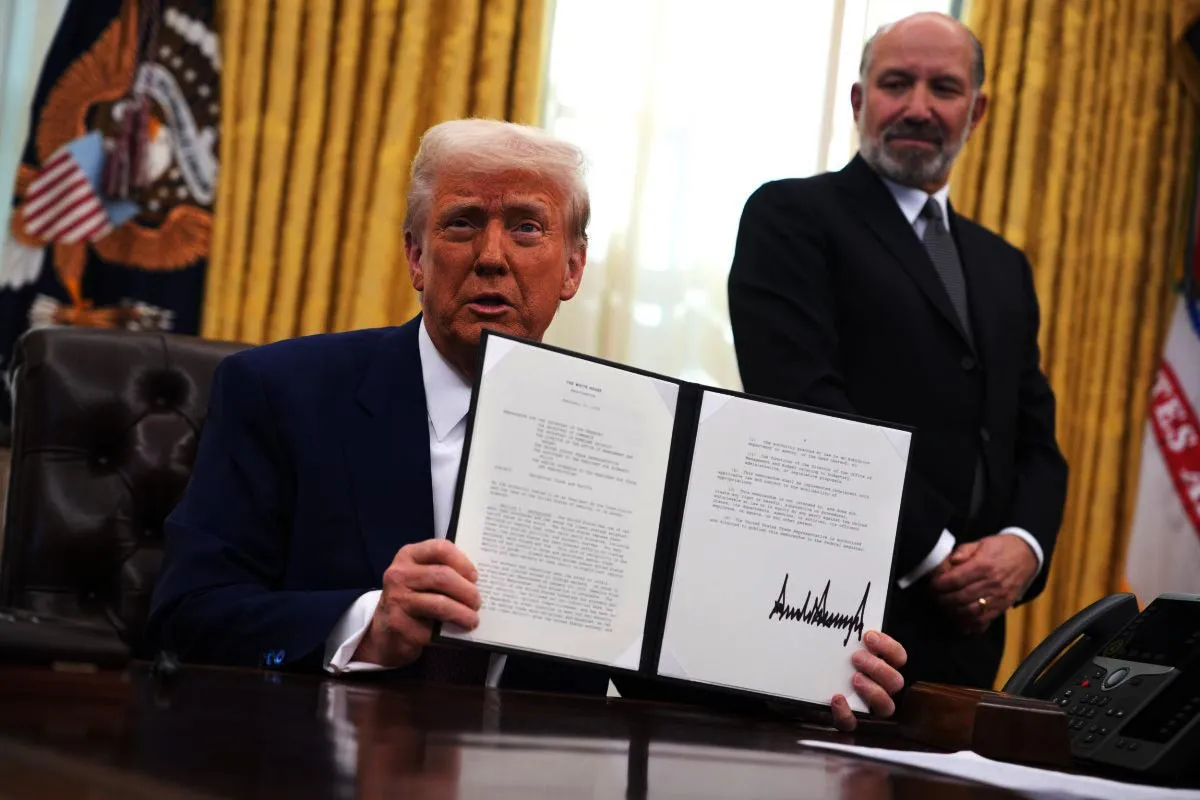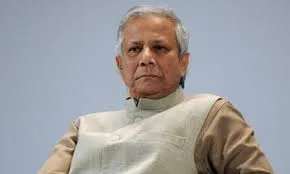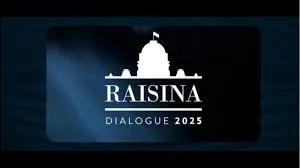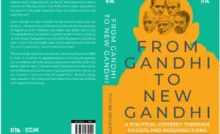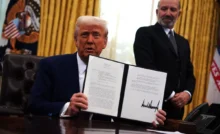Despite knowing the fact that violence, conflicts and wars do not benefit any country in any way, countries not only engage in violent conflicts, they also pose a serious challenge to global peace, security, humanity and economy. Ongoing Israel-Hamas conflict can be quoted as a classic example here. This week, Oxfam has called this conflict as ‘the deadliest conflict of 21st century’.
First, Hamas, a worldwide ill-famed terrorist organisation, attacked Israel on 7 October 2023. Rattled with the barbaric terrorist attack on its people including children and women, Israel announced a war against Hamas until it is eliminated completely. Since then, both Israel and Hamas are fighting a war that is impacting innocent people, and global peace and security by and large. Involvement of the surrounding nations and their statements fuelled the tensions, and this week observed an unfortunate situation in and around Israel including Gaza strip. India has so far put forward a very mature face by stating clearly on one hand that it stands with Israel against the brutal terror attack by Hamas, while reiterating its support for free Palestine on the other hand.
This week, Israel-Hamas conflict not only intensified, other countries kept escalating the tensions by their statements or actions. While Israel continued its bombing strikes in Gaza, and attacks on Khan Younis and Rafah that killed several civilians, the International Court of Justice on the other hand started its proceedings in a case lodged by South Africa accusing Israel of barbaric genocide in Gaza. As expected, Palestinians welcomed the proceedings, while Israeli officials accused the UN’s top court of being a ‘legal arm’ of Hamas.
While Hamas is asking for support from the Islamic world, the US is showing its rock-solid support towards Israel. Amid the serious catastrophic conditions for the people living in and around Israel, the conflict seems to be affecting rest of the world as challenges related to refugees, food and other supplies etc. have started hitting many countries of the world. So far, many global leaders including the UK PM Rishi Sunak and the US President Biden have visited the region to find the ways so that this deadly war could be stopped. But it seems that the conflict has already been heightened to the global level.
India knew this well, and that’s why it has requested both Israel and Palestine to resolve the conflict. India also collected many accolades for successfully executing its Operation Ajay to evacuate Indian citizens from Israel when Hamas attacked Israel. India has so far taken a neutral stand on the conflict between Israel and Palestine, but has strongly opposed the terror attack of Hamas. Soon after Indian PM announced India’s support to Israel, many raised their eyebrows and asked about India’s intentions as supporting Palestine remain an integral part of Indian foreign policy.
Reports of Ministry of External Affairs, Government of India clearly stated that India is the first Non-Arab State to recognize Palestine Liberation Organization (PLO) as the only legitimate representative of the Palestinian people in 1974. India was also one of the first few countries to recognize Palestinian State in 1988. India also opened its Representative Office in Gaza in 1996, which was later shifted to Ramallah in 2003. Basically, the paradox could be seen when the first Indian PM, Pt. Jawaharlal Nehru opposed the formation of Israel though the US resolution.
In fact, Mahatma Gandhi had also stated, “Palestine belongs to the Arabs in the same sense that England belongs to the English or France to the French.” However, the ancient history narrates how the land also belongs to the Jews; and this is significant to remember while looking at the present conflict between Israel and Palestine.
Though India-Israel relations cannot be called very cordial in the initial years of the formation of Israel, Israel always proved to be a trusted support during the testing times of India. Israel supplied its ammunition to India during the India-China war of 1962, India-Pakistan Wars of 1965,1971 and 1999. In past nine years, India and Israel developed a special, trusted and long-lasting strategic partnership.
Today, both India and Israel are engaged in multiple key areas like defence and security, intelligence, technology, healthcare, culture etc. India strongly believes in the two-state theory when it comes to the conflict between Israel and Palestine, and calls for peaceful Israel as well as Palestine.
Indian stand on Israel-Palestine conflict can be taken as a good start to resolve the conflict. Both Israel and Palestine need to respect each other’s territorial integrity. However, rest of the world, especially those who are supporting Hamas for whatever reason, need to understand that a terrorist organisation cannot be considered face of a democratic country.
The world is already facing serious challenges posed by Covid 19 first, and then the ongoing Russia-Ukraine war; and this is high time the leaders and international institutions must focus on ending this deadly enduring war between Israel and Hamas.
The author is Professor, School of International Studies, JNU




